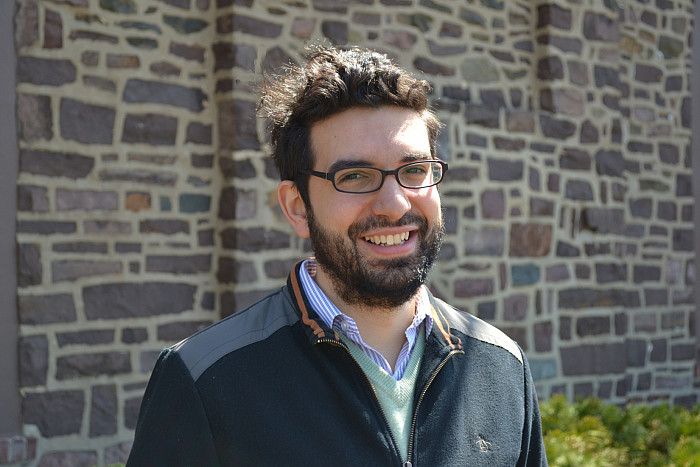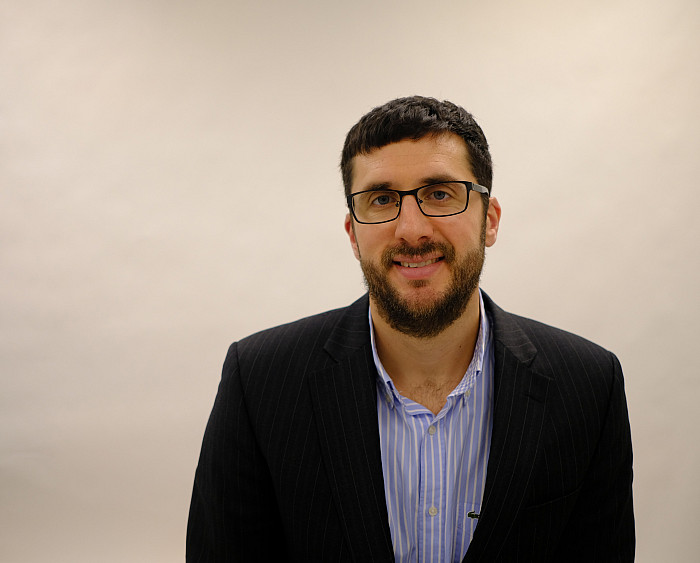MCS Faculty Launch Deep Dive Into Partisan Polarization Around News Coverage of COVID-19
Nadler and Taussig, along with Andrea Wenzel, an assistant professor of journalism at Temple University’s Klein College of Media and Communication, will be researching conservative news consumers’ engagement with coronavirus-related news.
For the project, the trio will use focus groups and interviews to talk to news consumers who identify as conservatives. It’s an approach that Nadler describes as innovative in terms of conducting interview-based research about polarization on this issue. “As far as I know, we’re the only researchers in the country interviewing news consumers to investigate how their partisan or ideological affiliation influences their engagement with news related to the coronavirus,” says Nadler.
“I think coronavirus is the most acute health crisis our country—and much of the world—has faced in a long time,” says Nadler. “Existing research indicates there are really stark divisions in how Americans are making sense of what’s happening based on party.” With Americans now debating the necessity of social distancing, the utility of masks, and the efficacy of vaccines—feelings that correlate quite strongly with partisan affiliation—“we’re trying to dig into what helps drive these feelings of partisan polarization.”
“What we’re studying is not so much people’s beliefs about coronavirus, but how they form inclinations about what types of news coverage to rely on for understanding the coronavirus and its impacts,” says Nadler. For instance, which news sources they go to, which news sources they trust, which news sources raise skepticism…and how open are they to bridge what challenges their own viewpoints.
Another focus of the research will be on journalists and news practitioners from conflict zones around the world, such as places where there is a lot of ethnic or religious division. The aim is to learn what techniques are used in those locations to create civic dialogue and trusted journalistic sources that that speak to two different sides of intense conflict. “If there are approaches or strategies journalists can use to get public health information to a polarized and distrustful audience, we want to know about them,” says Taussig.
“I feel like this research is so urgent because of the extremely partisan nature of the response to the coronavirus,” says Nadler. “We’re looking for opportunities to de-escalate a sense of this being a conflict over the very nature of people’s identities.”
Interviews will be conducted through the end of October. If you would like to participate, please visit https://forms.gle/HUggrFxofekNJo779.


